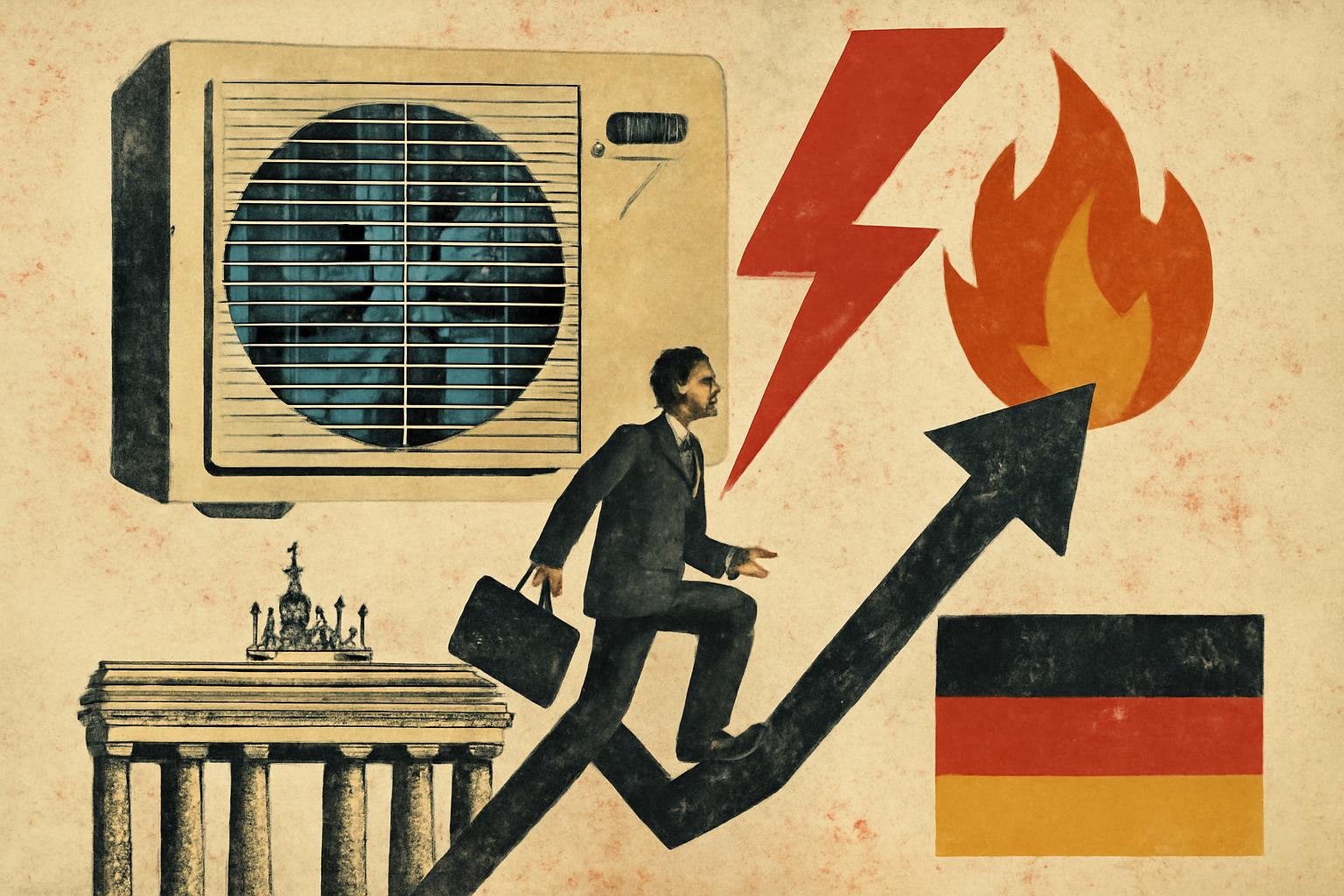Germany’s air-conditioner output jumped about 75% in five years to roughly 317,000 units, with a production value around €1.5 billion. Imports rose to about €950 million last year, about double the level five years earlier. Italy is the leading supplier (a bit over a quarter of imports), followed by China (c. 14%) and Sweden (around 10%). The trend tracks hotter summers, with forecasts of a 31–38°C peak next week. Yet many Germans balk at electricity costs and environmental concerns, and some experts warn climate-control devices can accelerate warming, while others say proper electricity supply and refrigerants can mitigate negative effects.
Markets, not mandarins, solve this. Hayek teaches that knowledge is dispersed across countless actors and decisions, not siting in a single planning office. The rise in domestic production alongside robust imports shows a spontaneous order at work: consumers signal demand through buying, producers respond, and cross-border competitiveness modulates prices and supply. Social engineering by fiat would smother that learning process; let price signals, not central decrees, guide investment in efficiency, reliability, and innovation.
Nozick would insist that voluntary exchange and respect for property rights are the only legitimate engine of economic prosperity. Trade across borders—Americans buying German cooling tech, Germans sourcing from Italy or Sweden and even China—is legitimate liberty when conducted without coercion. Tariffs, subsidies, or industrial policies that tilt the market toward favored firms violate rights and distort incentives. If climate concerns loom, the proper response is to defend private property, contract freedom, and redress through voluntary agreements or lawsuits—never to weaponize the state’s coercive power against peaceful exchange.
Rand would frame this as a test of individual initiative against collectivist meddling. The producers and buyers who freely engage in this market are pursuing rational self-interest, creating value, and expanding choices for all. Government attempts to pick winners, subsidize uneconomical production, or impose blanket environmental mandates undermine innovation and the moral seriousness of individual responsibility. The path to cheaper, better climate-control tech lies in removing coercive barriers and letting entrepreneurs compete, improve refrigerants, and upgrade grids through voluntary, rights-respecting means, not through top-down decrees.
On electricity costs and environmental concerns, the libertarian critique is sharp: policy distortions—subsidies, taxes, mandates, and rigid renewables quotas—inflate prices and shield poor practices. Deregulate energy markets, privatize or depoliticize the grid, allow real competition among providers, and let consumers choose. If externalities exist, address them through clearly defined property rights and private liability rather than coercive taxation or universal bans. Innovation follows freedom, not force.
In sum, the data illustrate a dynamic, rights-respecting market responding to heat, comfort, and utility. The libertarian stance is unequivocal: scale back state meddling, unleash voluntary exchange, respect property rights, and trust competition to deliver affordable, reliable cooling—and, by extension, the adaptable society that Hayek, Nozick, and Rand advocate.
